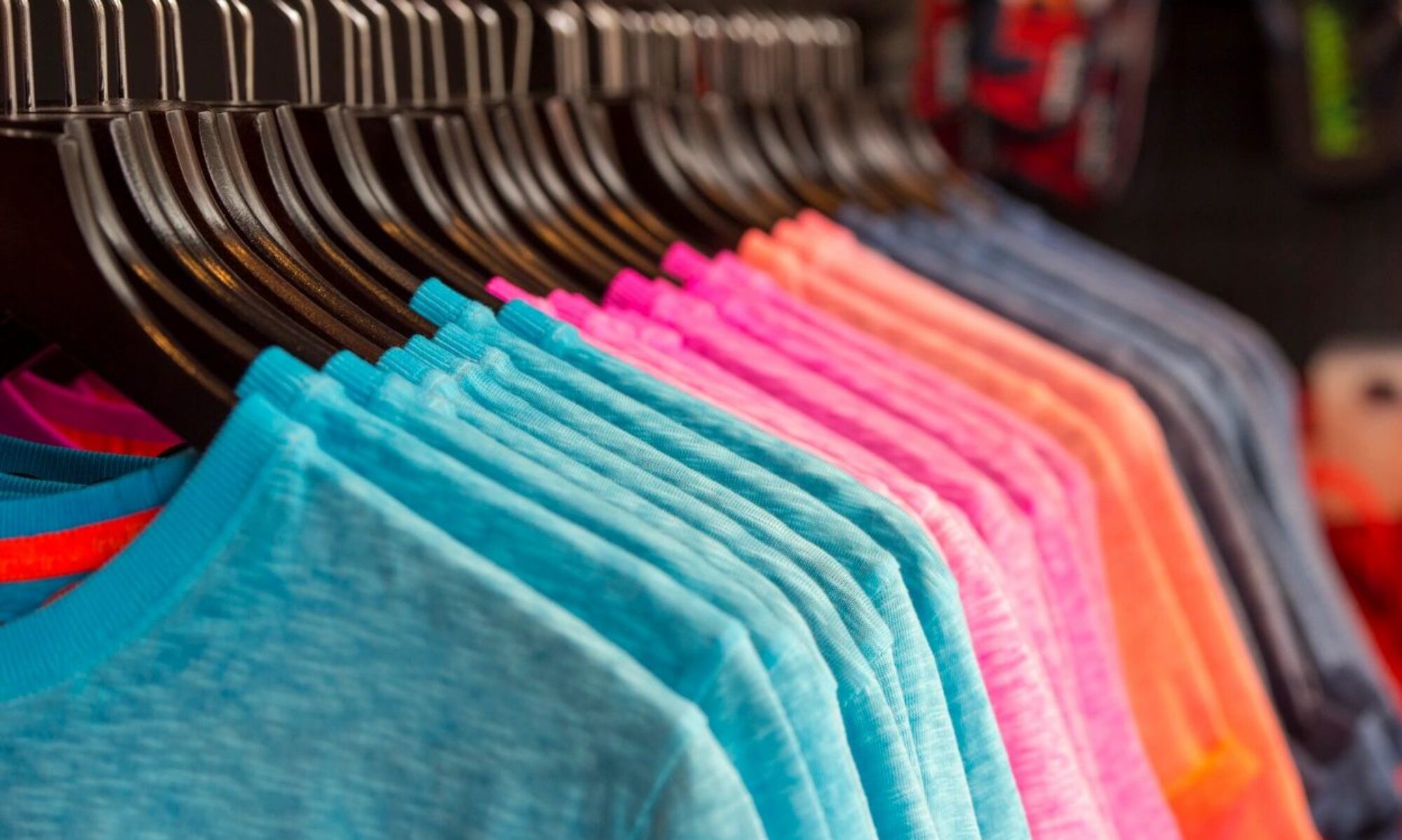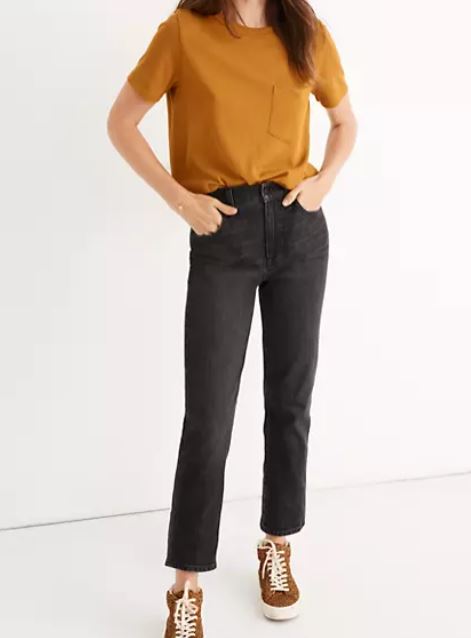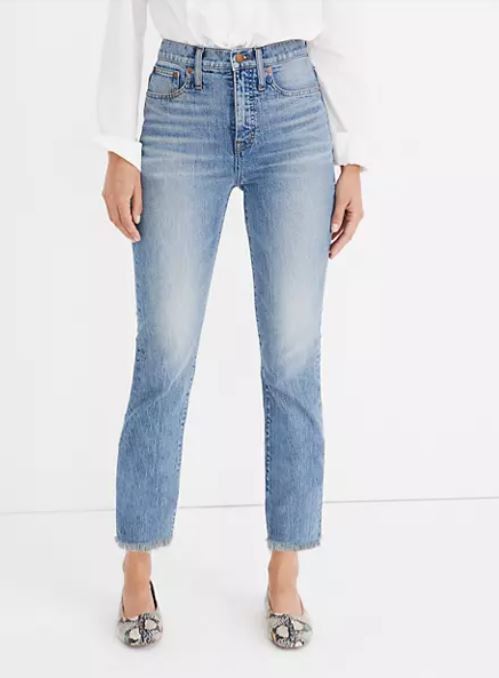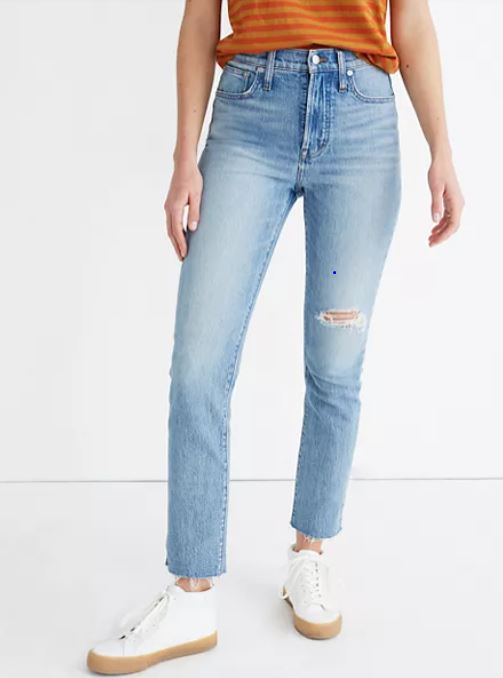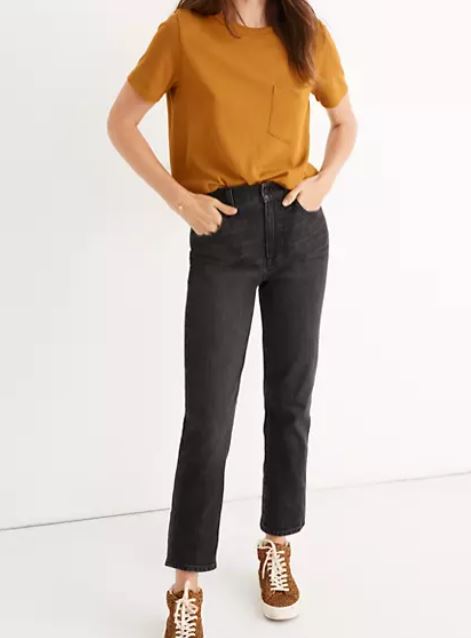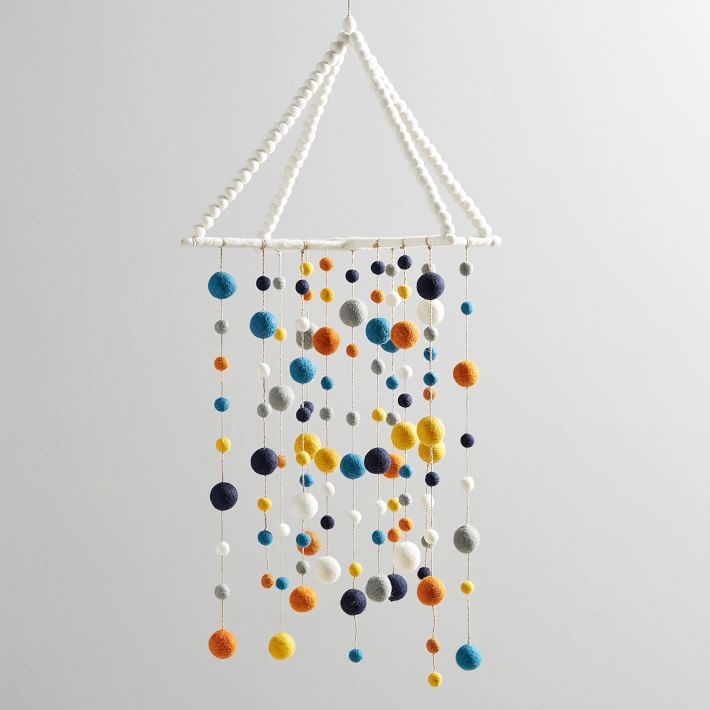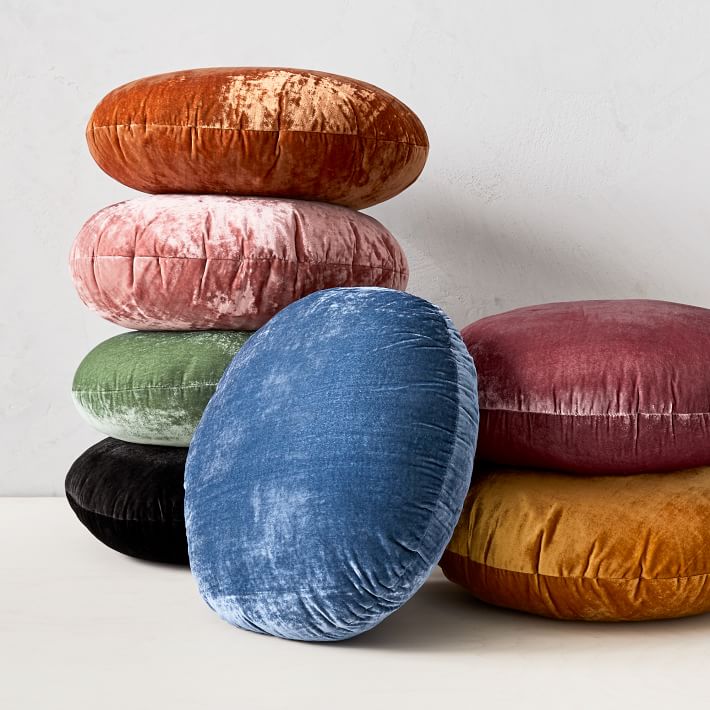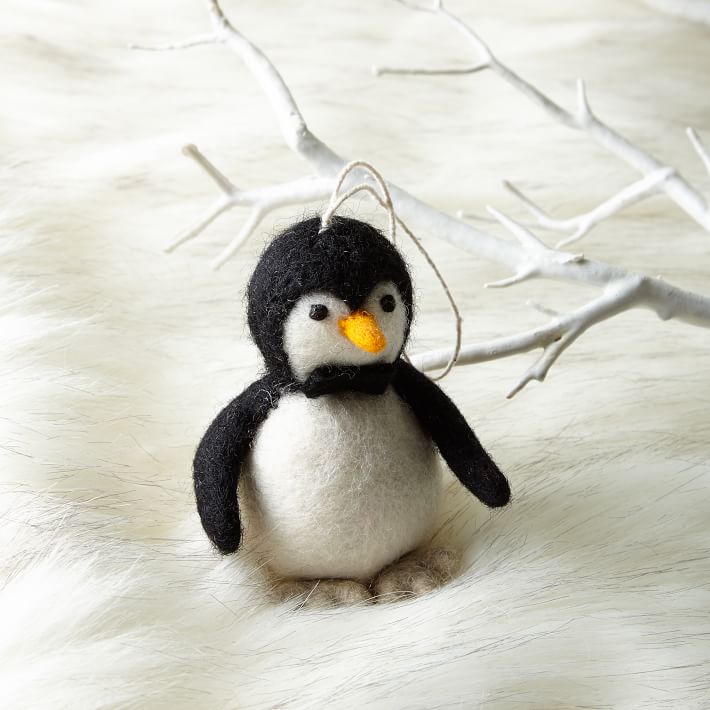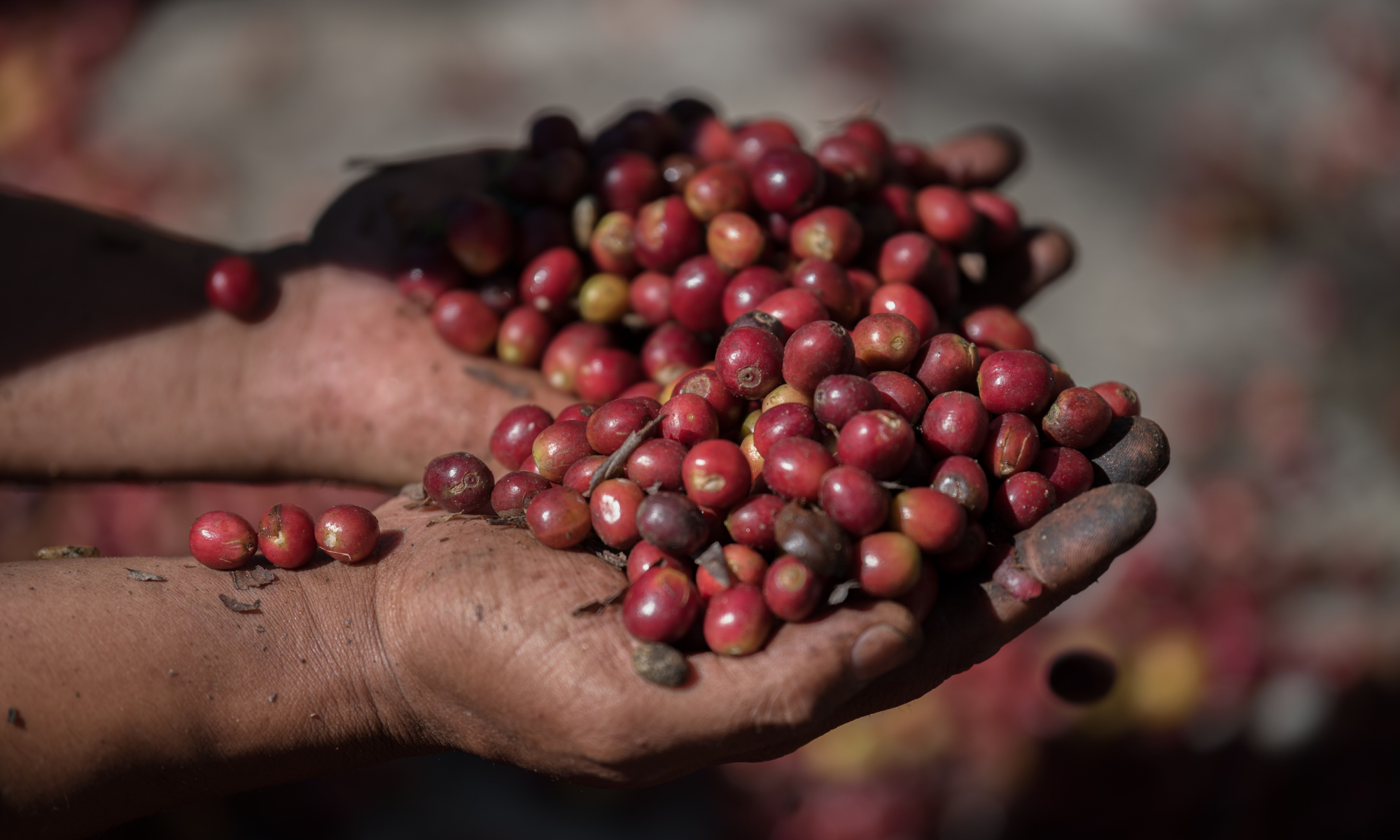Fair Trade, Explained
Our first on a many post series of buzzwords in the sustainability industry – what does it mean to be Fair Trade certified? Its much more than just an environmental certification, but really an all encompassing label that helps ensure companies are operating with ethical standards in place.
You’ve probably seen companies that offer either a selection of products that are fair trade certified or have a business model based on only sourcing from fair trade suppliers across the globe. Some of the more common industries to find fair trade products include coffee and chocolate, although you can find fair trade products across many different industries besides these two.
If a company has a fair trade certification, it means that they’ve gone through the process to gain a certification from an independent organizations such as Fair Trade America or Fair Trade Certified. These independent organizations help evaluate the company requesting the certification to ensure that the Fair Trade standards and core principals are being followed.
So what are these standards anyways?
The goal of Fair Trade organizations are to ensure that certain standards are being met by companies that will bear the Fair Trade label on their products. Standards that are evaluated include economic, social, and environmental factors.
Economic Standards
Economic standards set for Fair Trade include ensuring that companies are paying their workers a fair living wage. Companies are evaluated not only on how they pay their own employees but also how they work with their suppliers and vendors.
Companies need to demonstrate that they’re treating all parties associated with their company in a fair way that will drive economic development across their supply chain. Companies with a fair trade certification should not be exploiting any partners they work with.
Traceability is very important in evaluating economic impact. Fair trade companies are concerned with maintaining traceability throughout their supply chain to ensure their impact is positive from beginning to end.
Environment
Fair trade companies should be focused on acting responsibly in terms of environmental impact. The goal is to minimize overall impact to the planet.
A fair trade company must ensure that the production of their products are produced in an ethical and responsible way. This includes not only their in house operations, but any suppliers that the company works with also.
Examples of responsible environmental sourcing for Fair Trade companies include evaluating pesticide usage, minimizing usage of harmful chemicals, minimizing waste produced from products, and ensuring protection of natural resources.
Social
The third major pillar of standards for a Fair Trade company is the set of social standards they must comply with. Fair Trade companies have zero tolerance for child labor. They ensure that factories and work environments are maintained well and safe for employees to work in.
Fair trade companies also look at worker rights – and often ensure that their employees have opportunities like employment contracts, which helps ensure a fair agreement is in place between the employer and employee. Often employees at fair trade companies have the right to organize and request changes for employers to make such as enhanced work environments, benefits like on site child care, and more.
As with the first two categories, social standards apply not only to the company itself, but also to suppliers the company works with.
So, why should you buy fair trade products?
In short, when you buy fair trade products you’re ensuring that your goods are purchased from a company that has gone through a set of rigourous standards and been verified by an independent organization that has given their stamp of approval.
This is a step further than some companies that might position themselves as sustainable or ethical, simply because we have another source of verification, rather than a company just proclaiming that they are sustainable because they’ve looked at their processes themselves.
Remember – all Fair Trade certified companies are verified by an external organization unrelated to their company. This extra layer of verification is there to assure consumers that the company has thoroughly evaluated not only their own internal processes, but also their partners throughout their supply chain to ensure that their products are helping to make the world a better place.


